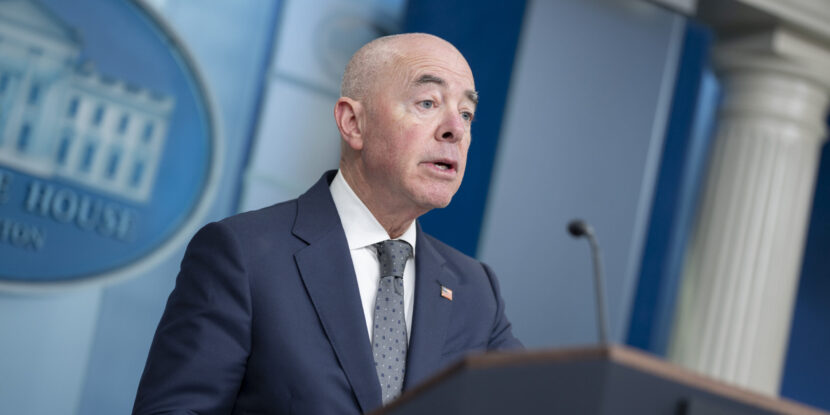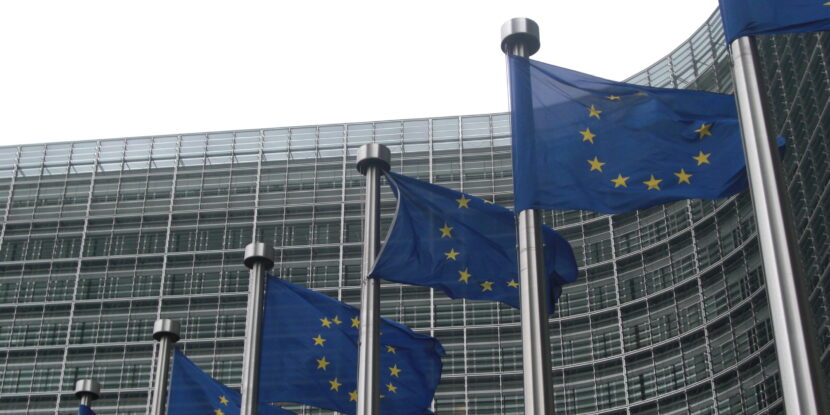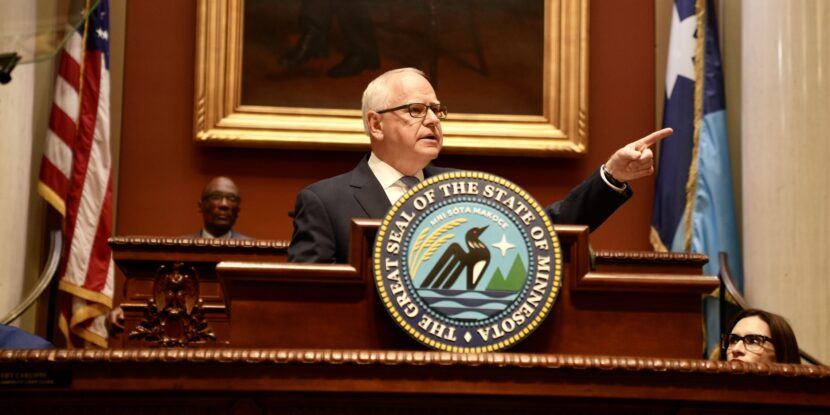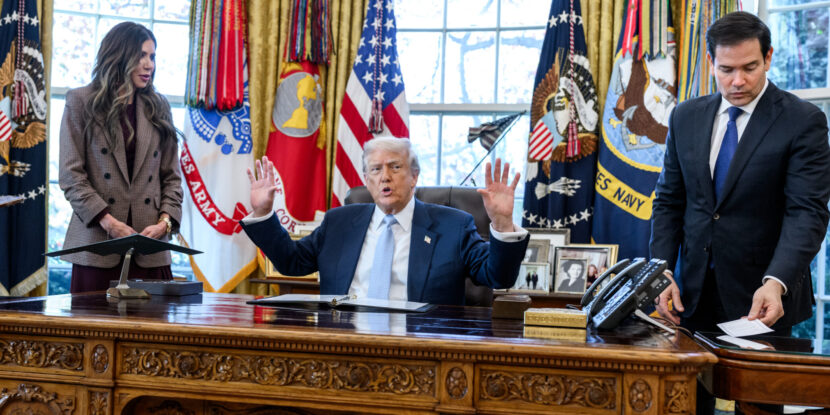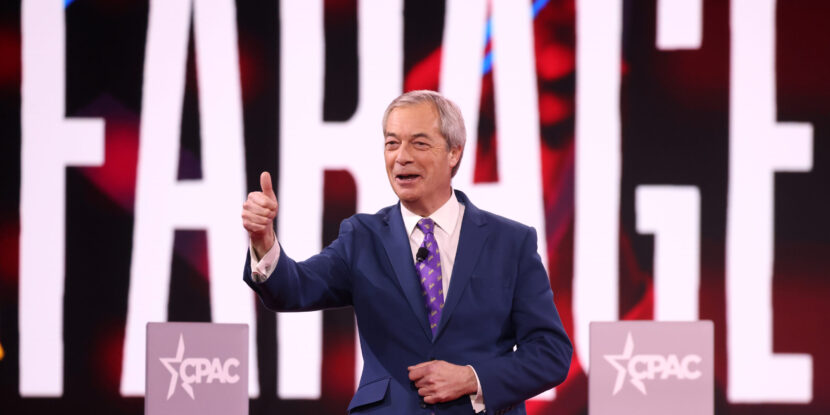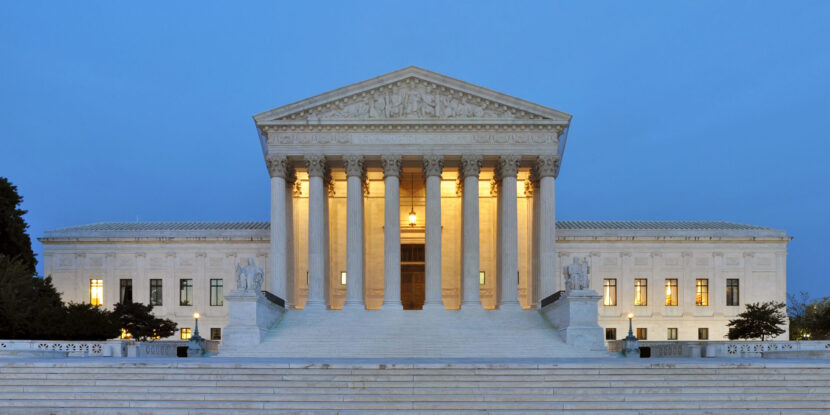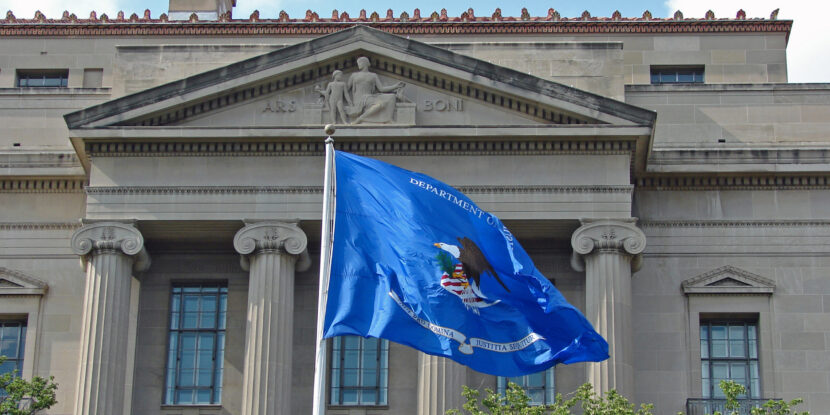The Department of Homeland Security (DHS) on Monday announced the reversal of restrictions placed on Immigration and Customs Enforcement (ICE) operations by former Secretary Alejandro Mayorkas. The changes involve rescinding a 2021 policy that designated certain areas as off-limits to ICE enforcement. The initial directive aimed to protect access to vital services by preventing ICE actions in locations such as educational institutions, healthcare facilities, religious sites, and social service establishments.
The newly issued memo suggests enforcement personnel use discretion and common sense when determining operational locations. The memo posits that broad guidelines are unnecessary for determining where immigration laws should be enforced. Some ICE agents expressed the view that this change will enable more effective action against illegal immigration, as they will no longer be restricted from operating near schools and other formerly protected areas.
Additionally, a second memo targets the use of humanitarian parole, which had been broadly applied by the previous administration to admit migrants en masse. This parole previously allowed several hundred thousand migrants, including nationals from countries like Cuba, Haiti, Nicaragua, Venezuela, Ukraine, and Afghanistan, to enter the U.S. The memo emphasizes that humanitarian parole should be applied on a “case by case basis,” aligning with the statute that critics claim has been misused.
The DHS memos instruct ICE and U.S. Customs and Border Protection (CBP) leaders to review existing parole policies and identify any that may not comply with legal statutes. This includes developing strategies to modify, pause, or end any non-compliant programs.
These policy changes follow a series of executive orders signed by President Donald J. Trump just after his inauguration, which included deploying military forces to the southern border, terminating certain parole programs, and voiding birthright citizenship for children of undocumented immigrants. The orders also announced a national emergency and the renewal of border wall construction efforts, with the goal of drastically reducing illegal entry.
